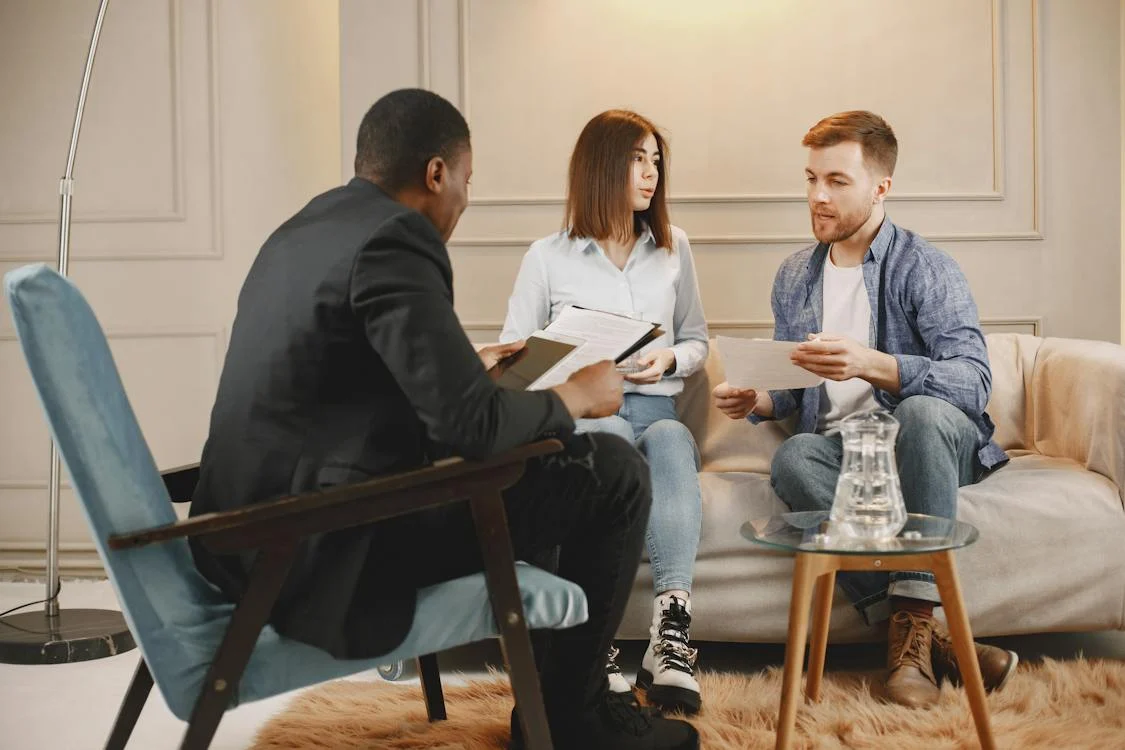Discover the Power of Online Relationship Therapy: Transform Your Love Life
In today’s fast-paced world, nurturing healthy relationships can be challenging. Whether facing communication issues, conflicts, or the strains of distance, many couples find solace and resolution through therapy. With the advent of online platforms, seeking help from a qualified therapist has become more accessible and convenient. Online therapy offers a flexible and effective solution for couples seeking to enhance their relationship dynamics. With an online relationship therapist, couples can address challenges, deepen their connection, and cultivate lasting intimacy.
What therapy is best for relationship trauma?
In today’s fast-paced world, nurturing healthy relationships can be challenging, especially when faced with traumatic experiences within the relationship. Take the case of Sarah and James, whose marriage was rocked by infidelity, causing deep emotional wounds and shattered trust. Sarah found herself struggling with anxiety and intrusive thoughts, while James grappled with feelings of guilt and inadequacy. Recognizing the need for healing, they sought the guidance of an Online Relationship Therapist. Through a specialized approach in therapy, incorporating modalities such as Cognitive Behavioral Therapy (CBT), psychodynamic psychotherapy, mindfulness, and eye movement desensitization reprocessing (EMDR), they embarked on a journey of healing and growth. These therapies provided a framework for processing their relationship trauma, building resilience, and fostering healthier coping mechanisms within the context of their marriage. As they delved into their emotional wounds and learned to communicate openly and empathetically, Sarah and James began to rebuild trust and intimacy, paving the way for a stronger, more resilient partnership. This scenario illustrates how relationship trauma often requires a specialized approach in therapy and may be treated as any other trauma. Modalities such as Cognitive Behavioral Therapy (CBT), psychodynamic psychotherapy, mindfulness, and eye movement desensitization reprocessing (EMDR) can be particularly effective in addressing emotional wounds, fostering resilience, and promoting healthier coping mechanisms within the relationship context.What type of therapy is used for relationships?
Various therapeutic approaches can benefit relationships, including couples therapy, family therapy, and individual therapy; however, couples therapy rises to the top when working with both partners. Techniques such as cognitive-behavioral therapy (CBT), emotionally focused therapy, and imago-relationship therapy are commonly employed to address relationship challenges, improve communication, and promote intimacy and empathy for one another. Let’s take a closer look at these treatment techniques:- Cognitive-behavioral therapy (CBT): CBT is a goal-oriented therapy that helps individuals identify and change negative thought patterns and behaviors to improve mental well-being
- Emotionally-focused therapy (EFT): EFT is a couples therapy approach that focuses on improving emotional understanding and connection between partners to foster a secure attachment bond.
- Imago relationship therapy: Imago Therapy helps couples understand and heal childhood wounds by exploring past relational patterns, fostering compassionate communication, and creating a conscious, loving partnership.



